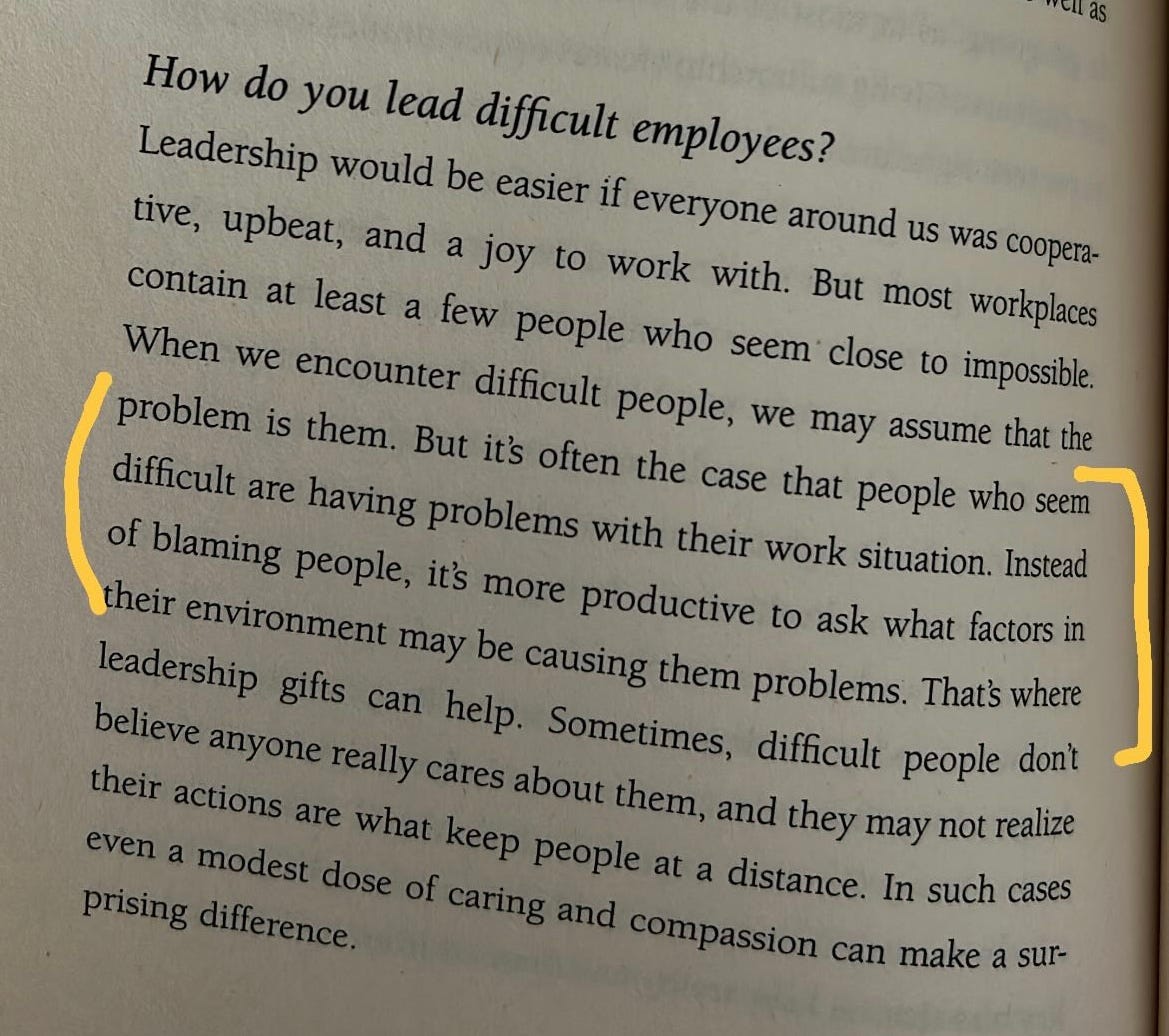
A Reflection
Do you ever make a statement about something (“I would never do this…” or “I don’t like this thing…” or “This is not what I’m looking for…” etc.) and then later decide to do the thing you said you wouldn’t do?
Well, I have (and do) from time to time. This week’s reflection is about making statements about something we didn’t want to do and then deciding to do it anyway.
Recently, I was guilty of this and have been reflecting on the feelings that have resulted from me going back on my word. I’ve felt like my actions in a particular situation are hypocritical. I’ve experienced feelings of guilt. A bit of shame.
But I’ve also experienced feelings of humility and self-acceptance. I am by no means perfect (I like to think I’m perfectly imperfect!) and can change my opinions on topics.
This experience has reminded me of the importance of being open-minded and flexible.
Changing our opinions and decisions based on new information or personal growth is okay. This reflection has been a great exercise in the understanding that growth involves evolving perspectives.
One Piece of Business Advice
This week, I posted a screenshot of a book I'm reading, "Leading with Soul" by Bolman and Deal. In it, they write,
"When we encounter difficult people, we may assume that the problem is with them. But it's often the case that people who seem difficult are having problems with their work situation. Instead of blaming people, it's more productive to ask what factors in their environment may be causing them problems. That's where leadership gifts can help."
I received the following question via direct message to this share:
"But, what if you do all these things yet they still present as problematic and have no buy-in?"
Bolman and Deal say leadership gifts involve understanding and addressing the structural, human resource, political, and symbolic factors contributing to a difficult work situation. These gifts enable leaders to identify the root causes of problems and implement strategies and interventions that create a more supportive and conducive environment for all employees. However, if, despite these efforts, individuals still present themselves as problematic and show no buy-in, it may be necessary to explore additional measures such as coaching, training, or even reassignment to better fit their skills and interests.
It's not a straightforward answer because each situation and individual is unique. If, at the end of the day, you've addressed your own leadership abilities as well as the environmental factors at play and have spent time coaching the individual(s), then taking corrective action following proper human resource guidelines might be the next logical option.
One Mastery Tip
How self-aware are you, really?
Here's a short self-assessment to evaluate our current self-awareness level.
For each question below, rate yourself on a scale of 1 to 5, where 1 represents "not at all" and 5 represents "very well,"
Assessment Questions
Awareness of Emotions: How well do you recognize and manage your emotions?
Reflect on any challenges or areas where you could improve in recognizing and expressing your emotions. Can you implement any specific strategies or techniques to become more attuned to your emotional state and better express your emotions?
Awareness of Strengths and Weaknesses: How well do you know your strengths and weaknesses?
Reflect on any blind spots or areas where you could enhance your understanding of your strengths and areas for growth.
Awareness of Values and Beliefs: How well do you understand your core beliefs and values?
What discrepancies exist between your beliefs and actions, and how might you find greater alignment between the two?
Awareness of Communication Style: How well do you comprehend your communication style and how it affects others?
Reflect on any instances where your communication style may have hindered or improved relationships.
Awareness of Personal Goals and Aspirations: How well do you know and articulate your short-term and long-term goals and aspirations?
What challenges or obstacles have you faced in achieving your goals, and how might you overcome these obstacles in the future?
Completing this self-awareness check-up provides valuable insights into our current level of self-awareness. By reflecting on our responses, we can identify areas for further growth and improvement. Remember, self-awareness is an ongoing process, and it is important to regularly assess and reassess ourselves to continue growing and developing.
PS: If you liked these questions, check out my new podcast, The Leadership Compass, for one question each day!
A Quote I Love
"Knowing others is intelligence; knowing yourself is true wisdom."–Lao Tzu.
One Resource
Shameless self-promotion alert! I’m offering a one-day workshop on Saturday, May 4th, for leaders and entrepreneurs who want to boost productivity, make more money, and have more fun at work.
You will come away from this session with the following:
a deeper understanding of emotional intelligence using the EQ-i 2.0 model
an increased understanding of how emotional intelligence relates to leadership
an ability to identify specific areas for growth in their own EQ-i 2.0 Workplace Report
an action plan to work on areas to develop further and leverage strengths
awareness of how aspects of emotional intelligence can lead to derailing behaviours
the development of a personal Leadership Effectiveness Framework
People with higher EI communicate more effectively, form stronger relationships, and create powerful coping strategies.



